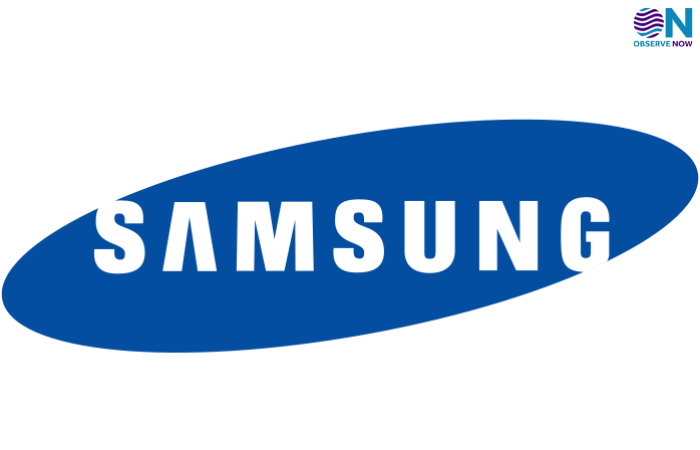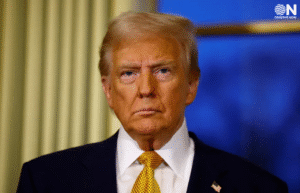Samsung Inks $16.5 B Deal to Make Tesla’s AI Chips, Signaling Big Boost for Texas Foundry

Samsung Electronics has secured a staggering $16.5 billion multi-year contract to manufacture Tesla’s next-generation AI6 chips at its new fabrication plant in Taylor, Texas. The agreement, confirmed by Samsung in a regulatory filing and later publicly acknowledged by Tesla CEO Elon Musk, extends through the end of 2033 and marks the largest single-customer contract in Samsung’s foundry history.
Shares in Samsung surged by 3.5% to 6.8%, reflecting increased investor confidence in its foundry unit, which has been under pressure due to competition and underperformance. Tesla’s stock also rose modestly following the revelation. Tesla CEO Elon Musk confirmed via his social media platform X (formerly Twitter) that the deal will see Tesla’s AI6 chips manufactured at the Texas facility already under construction. Musk emphasized the strategic importance of the partnership, including Tesla’s role in optimizing production and his personal involvement in ensuring manufacturing efficiency.
The contract illustrates Samsung’s ambition to challenge rivals like TSMC—which dominates around 67% of global foundry market share—and broaden its customer base beyond memory chips. Samsung currently holds approximately 8% of the foundry market and has historically depended on internal clients and memory products. Anticipated to produce Tesla’s AI6 chips at the Texas plant, the deal is expected to resuscitate operations that previously lacked major clients. Analysts believe it could substantially reduce Samsung’s foundry losses, estimated at over $3 billion in H1 2025, while generating long-term manufacturing experience and credibility.
Observers caution that the deal may not involve Samsung’s most advanced 2-nanometer chip technology due to yield challenges. While Samsung has announced plans for mass production on the 2 nm node, industry experts suggest that achieving acceptable yields remains a hurdle. Tesla’s AI6 chips are expected to power its advanced autonomous driving systems, humanoid robotics, and internal data-center AI workloads—supporting Tesla’s broader ambition to reduce dependence on GPU suppliers like Nvidia and AMD. Musk indicated in a recent earnings call that AI6 production may outpace the contract’s nominal total, with potential volume several times higher than $16.5 billion when ramp-up is factored in.
The Texas facility was built with support from the U.S. CHIPS and Science Act, which included about $4.75 billion in federal incentives. Samsung’s larger investment in domestic foundry infrastructure aligns with South Korea’s broader push to deepen bilateral semiconductor ties with the U.S., particularly as trade policy uncertainties rise.
While the deal brings optimism, analysts remain cautious about Samsung’s ability to deliver consistent yields and profitability. Past forecasts highlighted the risk of the Texas fab becoming a “stranded asset” if significant clients failed to materialize. Nonetheless, Macquarie and other firms note that the deal represents a turning point—offering production scale, technological learning, and validation in a competitive market.
In summary, Samsung’s agreement with Tesla marks a pivotal step in its effort to expand foundry capabilities. If executed effectively, it could serve as a catalyst for renewed competitiveness in high-end chip manufacturing—a necessary move to challenge established players in the era of AI-driven semiconductor demand.
















